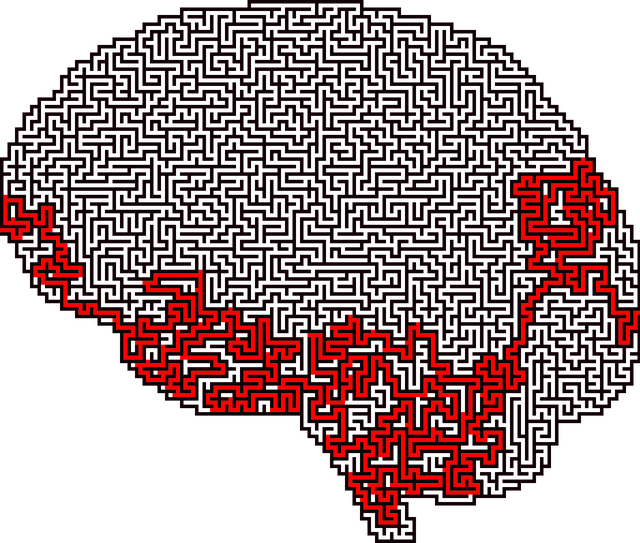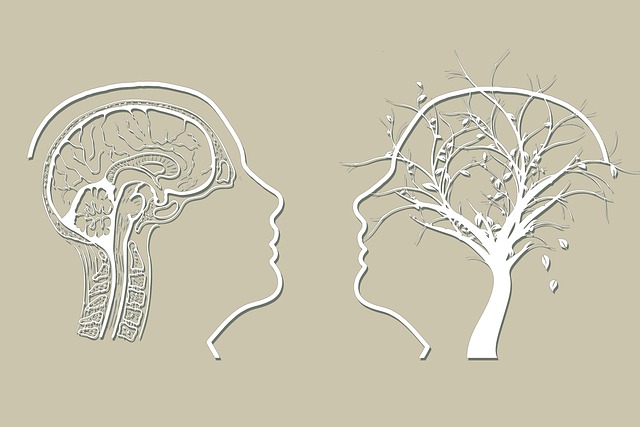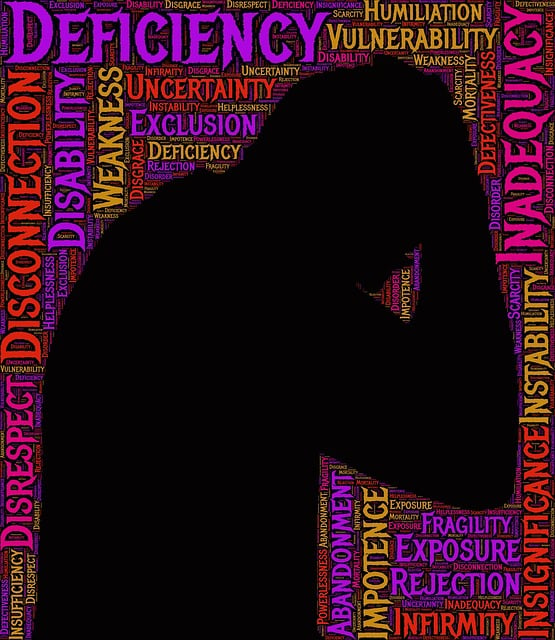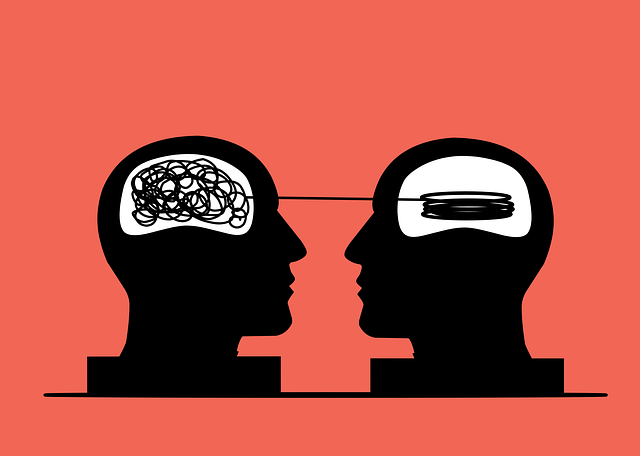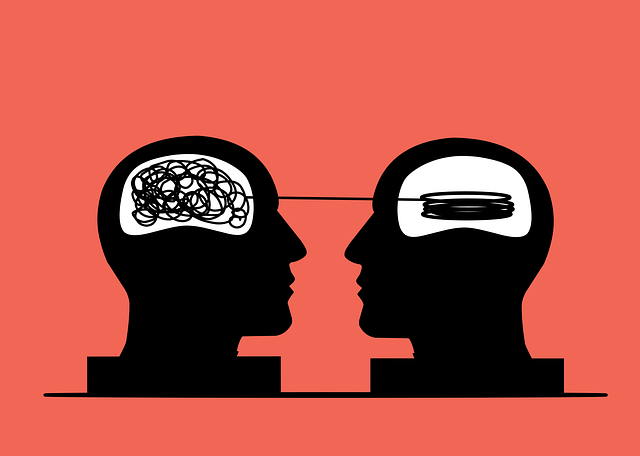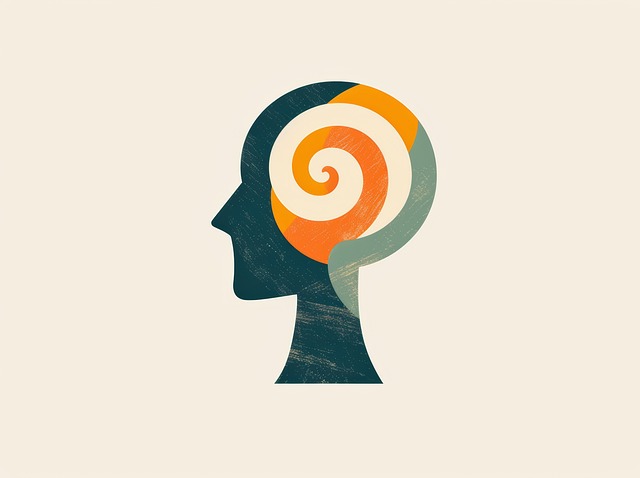Mental illness diagnosis accuracy is a growing priority in Arvada, driven by the integration of cognitive behavioral therapy (CBT), mindfulness practices, and emerging technologies like artificial intelligence. Cultural sensitivity is vital for precise diagnoses, respecting diverse communication styles, and overcoming language barriers. Collaboration across disciplines, including psychology, psychiatry, social work, and self-care advocacy, through networks like Arvada Anxiety Therapy, enhances diagnosis accuracy and tailored treatment plans. This holistic approach combines specialized knowledge with self-care practices to improve patient outcomes in a culturally competent community.
Mental illness diagnosis accuracy has long been a subject of debate, with many seeking improvements in assessment methods. This article explores three key strategies to enhance diagnostic practices: advanced tools and techniques, cultural sensitivity, and interdisciplinary collaboration. By delving into these areas, we aim to improve the accuracy of mental health diagnoses, particularly focusing on Arvada Anxiety Therapy and its role in fostering better patient outcomes through cutting-edge approaches.
- Enhancing Diagnostic Tools and Techniques: Exploring Advanced Methods for Accurate Mental Health Assessments
- Integrating Cultural Sensitivity: Understanding the Impact of Diversity on Diagnosis and Treatment Planning
- Collaboration and Continuous Learning: Building Interdisciplinary Networks for Improved Diagnosis and Patient Care
Enhancing Diagnostic Tools and Techniques: Exploring Advanced Methods for Accurate Mental Health Assessments

Mental illness diagnosis accuracy has been a topic of increasing interest and importance. Efforts to improve assessment methods are crucial in reducing the impact of mental health stigma, fostering understanding, and providing effective treatment. Advanced techniques such as integrating cognitive behavioral therapy (CBT) and mindfulness practices have proven beneficial. These evidence-based approaches not only enhance diagnostic precision but also empower individuals with tools for self-management, as seen in various Arvada Anxiety Therapy programs.
In addition to these therapeutic methods, technological advancements offer promising prospects. Artificial intelligence (AI) and machine learning algorithms are being explored for their potential in analyzing complex data patterns, leading to more nuanced diagnoses. Public awareness campaigns development and Mental Illness Stigma Reduction Efforts also play a significant role in encouraging open conversations about mental health, ensuring individuals receive the support and accurate assessments they need based on Mind Over Matter principles.
Integrating Cultural Sensitivity: Understanding the Impact of Diversity on Diagnosis and Treatment Planning

In a diverse society like Arvada, where individuals from various cultural backgrounds coexist, integrating cultural sensitivity into mental health practices is paramount for enhancing diagnosis accuracy. Cultural factors significantly influence how symptoms manifest and are expressed, impacting treatment planning. Mental health professionals must be adept at recognizing these nuances to provide culturally competent care. For instance, what may appear as anxiety in one culture could be a manifestation of grief or spiritual distress in another. Incorporating cultural sensitivity involves understanding these differences, adapting assessment tools and therapies accordingly, and fostering an environment where patients feel comfortable sharing their unique perspectives.
This approach is not just about improving diagnosis; it’s also essential for effective risk management planning for mental health professionals. By considering cultural context, therapists can better anticipate and address potential challenges in treatment, enhancing patient outcomes. Furthermore, communication strategies that accommodate language barriers and respect diverse communication styles contribute to building trust and encouraging self-esteem improvement among patients. Ultimately, a culturally sensitive approach broadens the scope of Arvada anxiety therapy, ensuring tailored support for a diverse community.
Collaboration and Continuous Learning: Building Interdisciplinary Networks for Improved Diagnosis and Patient Care

In an effort to enhance mental illness diagnosis accuracy, collaboration across various disciplines is vital. Building interdisciplinary networks brings together professionals from diverse fields like psychology, psychiatry, social work, and even self-care advocates. This collective approach leverages the unique insights and expertise of each member. For instance, Arvada Anxiety Therapy can benefit from such partnerships by integrating evidence-based practices in anxiety management with emotional intelligence training and mental health education programs designed to foster early intervention and better patient care.
Continuous learning within these networks is key. Regular sharing of research findings, clinical experiences, and innovative interventions ensures that all members stay abreast of the latest developments. This dynamic exchange fosters a more nuanced understanding of mental health conditions and promotes the adoption of effective strategies. By combining specialized knowledge with holistic self-care practices, healthcare providers can offer more precise diagnoses and tailored treatment plans, ultimately improving patient outcomes.
Mental illness diagnosis accuracy is a multifaceted challenge that requires innovative approaches. By enhancing diagnostic tools, integrating cultural sensitivity, and fostering collaboration among disciplines, we can improve patient care. These efforts, inspired by best practices like those found in Arvada Anxiety Therapy, aim to create a more inclusive and effective mental health system that addresses the unique needs of diverse individuals. Ultimately, these improvements will lead to better outcomes and greater accessibility for those seeking support.

